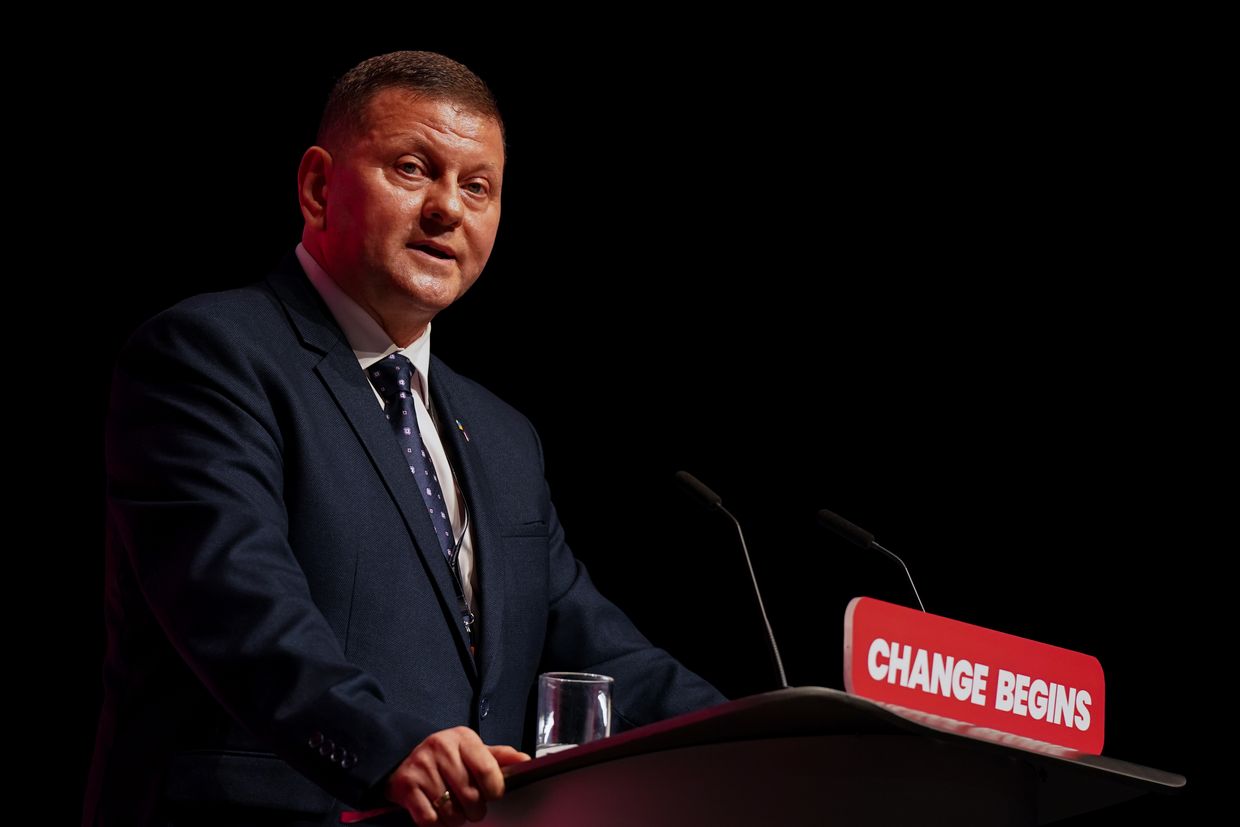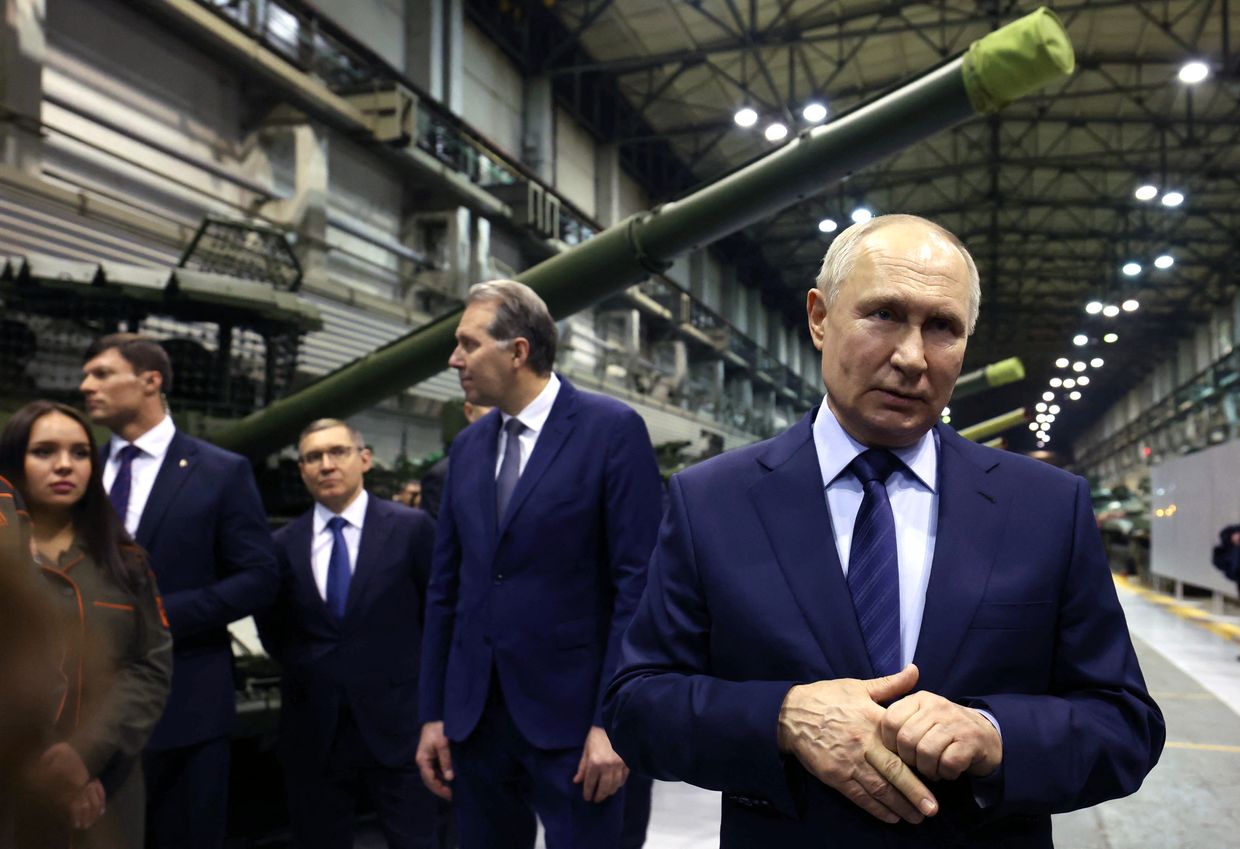
Zaluzhnyi: Use of technological advancements will prevent 'serious' front line breakthrough until 2027
Newfound technological advancements during wartime will prevent serious front line breakthroughs until around 2027, Valerii Zaluzhnyi, Ukraine's former commander-in-chief and current ambassador to the U.K., told Ukrainska Pravda in an interview published on Nov. 23.
"When robots began to appear massively on the battlefield, they made any movement of soldiers impossible. The inability to fight robots led to a standstill. We couldn’t move forward towards the Russians, and the Russians, accordingly, couldn’t move forward either," Zaluzhnyi said.
Zaluzhnyi added that this was a temporary period of adaptation and, based on his predictions, by around 2027, the use of such technology could become so commonplace that the potential to achieve serious breakthroughs on the front line would resume.
Russia has intensified its attacks along the eastern front in recent weeks, putting Ukrainian forces under mounting pressure as they struggle to defend key positions.
Russia also continues to increase its attacks against civilian targets, amid an expected harsh winter plagued by energy shortages.
On Nov. 21, in a show of force, Russia launched a new type of intermediate-range ballistic missile (IRBM) against Dnipro. The attack comes as news that Russia has began producing thermobaric drones to target Ukraine, which are capable of causing "simply terrifying" hard to civilian populations, including collapsed lungs, crushed eyeballs, and brain damage, according to a source familiar with Russian drone production.
Despite the onslaught of attacks and use of new weaponry, Russian troops have sustained record casualties since the start of the full-scale war and have yet to fully breach Ukrainian defenses to seize the entirety of Donetsk Oblast and continue their assault.
According to Zaluzhnyi, Russia is not able to expand the front line, as it would require huge resources "which the Russians no longer have."














